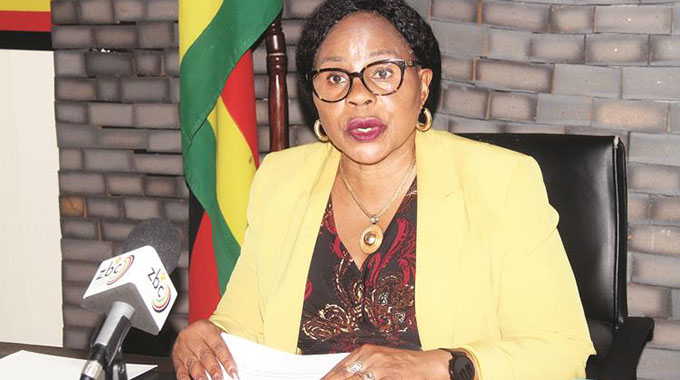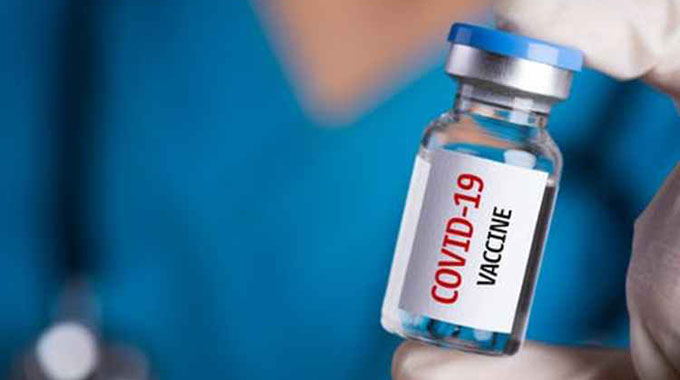Covid-19: Which countries in Africa are administering vaccines?

Peter Mwai
Africa has now recorded more than 100,000 deaths from coronavirus, and there’s been concern over the delay in rolling out Covid-19 vaccinations there.
How are African countries getting vaccines?
There has been global competition to get hold of vaccines, and African countries have generally not been as successful as richer countries in securing supplies.
“It is deeply unjust that the most vulnerable Africans are forced to wait for vaccines while lower-risk groups in rich countries are made safe,” says Matshidiso Moeti, the World Health Organization (WHO) regional director for Africa.
France President Emmanuel Macron has proposed that rich countries in Europe and the US share their vaccines with Africa.
He says he wants some doses made available quickly for African countries.
The ones which have so far got vaccines have largely done so through direct purchases from manufacturers, or as donations from countries such as China, Russia, India and the United Arab Emirates (UAE).
African countries are also hoping to get vaccines through international and regional schemes.
One is the global Covax initiative, in which countries pool their resources to support the development of effective vaccines with a view to ensuring that everyone gets a fair supply.
The WHO expects that African countries will begin receiving doses from the scheme by the end of this month, and the initial 90 million vaccine doses are expected to cover 3% of the continent’s population.
This will immunise those most in need of protection, including healthcare workers and other vulnerable groups.
The final Covax target is to provide up to 600 million doses to Africa, enough to vaccinate at least 20 percent of the population by the end of 2021.
How will vaccines be shared with poorer countries?
But John Nkengasong, head of the Africa Centres for Disease Control and Prevention (CDC), says the vaccines provided “will not get the pandemic out” of the continent.
He says African countries will eventually need to vaccinate at least 60 percent of their populations, with his target for this year being 35 percent.
There’s also an African Union plan to pool supply arrangements on behalf of all 55 countries in the continent.
Africa’s leading mobile network provider, MTN, has made a donation of $25m (£17.8m) to this plan to secure about seven million doses of the Covid-19 vaccine for the continent’s health workers.
The CDC says an initial one million doses acquired through the MTN arrangement will be shipped to about 20 African countries by the end of February.
It’s not known yet which countries will receive these.
Which African countries are already vaccinating?
Some countries started their programmes in the last month or so, but most African nations have not even begun.
Currently, in North Africa, these are the countries vaccinating (and the vaccines being used):
Morocco (AstraZeneca and Sinopharm)
Algeria (Sputnik V)
Egypt (Sinopharm)
In sub-Saharan Africa, the countries vaccinating are:
South Africa (Johnson & Johnson)
Seychelles (Sinopharm and AstraZeneca)
Rwanda (reportedly using Pfizer and Moderna)
Mauritius (AstraZeneca)
Zimbabwe (Sinopharm)
Others such as Senegal and Equatorial Guinea have had their first deliveries – of Sinopharm – but have yet to begin giving them to the general public.
Africa’s long wait for Covid vaccines
Guinea has administered only 60 doses of the Russian Sputnik V vaccine – on an experimental basis.
What’s happened to vaccinations in South Africa?
South Africa, the worst affected country on the continent, delayed an initial vaccination plan using the AstraZeneca vaccine due to concerns about its efficacy against a new variant which has pushed up infections there.
It started vaccinating on 17 February after receiving an initial 80,000 doses of the Johnson & Johnson vaccine, which is administered as a single dose and has been shown to be effective against the variant.
President Cyril Ramaphosa says the country has secured nine million doses of the vaccine.
Pfizer has also committed to supply 20 million vaccine doses, with deliveries expected by the end of March.
South Africa has offered the one million doses of the AstraZeneca vaccine it negotiated from the Indian supplier to the African Union, to distribute to other countries which might be interested. –SOURCE -www.bbc.com/news/56100076.










Comments